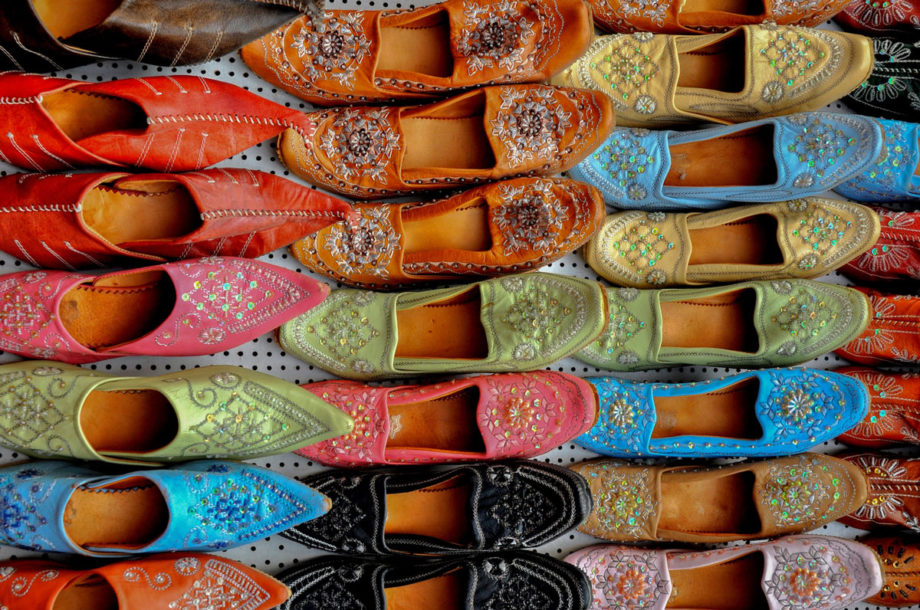In last week’s post, I introduced how family, social capital, and aggression are used to manage honor and shame in some cultures. Here are three more unwritten rules for honor-shame cultures that help us better relate to Muslims and understand the logic that governs their cultures.
1. Cleanness reflects value.
Honor-shame cultures expect people to maintain a respectable level of personal purity to be seen as clean and undefiled. This often means dressing in nice attire, strictly avoiding unclean foods, and perhaps not associating with outsiders. Outward appearances indicate a person’s status in the community. Impurities are seen as diminishing a person’s honor in the community and makes them the social equivalent of dirt—something to be discarded.
A Muslim student once tried to discredit Christianity by claiming, “Christians wear dirty shoes.” This assumes a direct link between physical cleanness and the spiritual importance of a person and his or her message.
In Western cultures, public cleanness outweighs personal cleanness. We manicure our front lawns and rebuke anyone who litters, but many of us would walk out of our homes in dirty shoes and torn jeans without a second thought.
2. Words define status.
Honor-shame cultures often have clearly prescribed greetings for people of various social standing. For example, the greeting you say to an elder is completely different from what you would say to a younger person. Words are tools for defining the social hierarchy. Since the purpose of language is to communicate honor and maintain relational harmony, the concepts of honesty and truth look different.
An Afghan-American Christian once explained to me, “When I invite an American to my house and they say, ‘Let me look at my calendar,’ that is the most insulting thing. In my culture, you must immediately say, ‘Yes!’ to affirm the relationship, even if there might be a scheduling conflict.” In this woman’s culture, an immediate affirmation is true to the relationship, even if the invitee knows she’ll have to cancel later.
In Western cultures, words communicate information and facts. “Cut to the chase” and “don’t beat around the bush” are morally-laden imperatives. Indirect communication that prioritizes harmony and status comes across as deceptive, dishonest, or manipulative.
3. Food conveys honor.
In honor-shame cultures, the people you eat with define both your community and identity.
A friend in Central Asia asked me incredulously, “Do Americans really eat lunch alone in a cubicle or while driving in the car, like in movies?” Breaking bread together imparts honor, so eating alone is unthinkable. This is why hospitality and meals are so significant in Muslim cultures. Food represents the gift of life.
Westerners think of food in far more functional and personal ways—to satisfy hunger, lose weight, or satisfy cravings. Lunch interrupts our busy schedule and lounging around the table for hours just drinking tea is seen as a waste of time.
These rules help us decode the internal logic that structures Muslim cultures. If we seek to understand these honor-shame principles, we will learn how to better relate to Muslims and share the meaning of the Gospel with them.
Click the button below to learn more about ministering in honor-shame cultures.
Original article: FrontiersUSA.org/blog/article/3-more-rules-of-honorshame-cultures
Jayson Georges served 9 years in Muslim Central Asia. He authored The 3D Gospel and blogs at www.HonorShame.com, a network site with free resources for global ministry.

